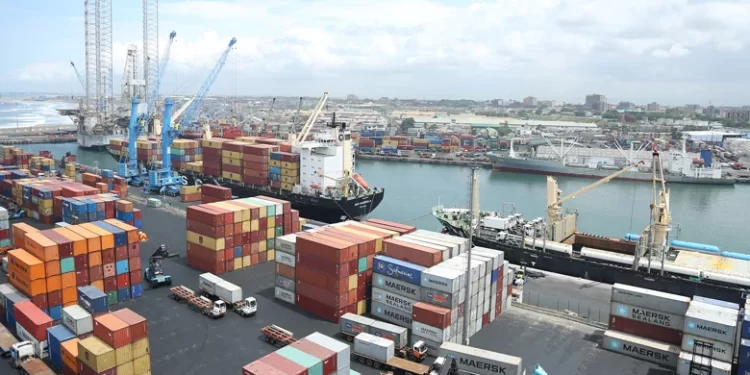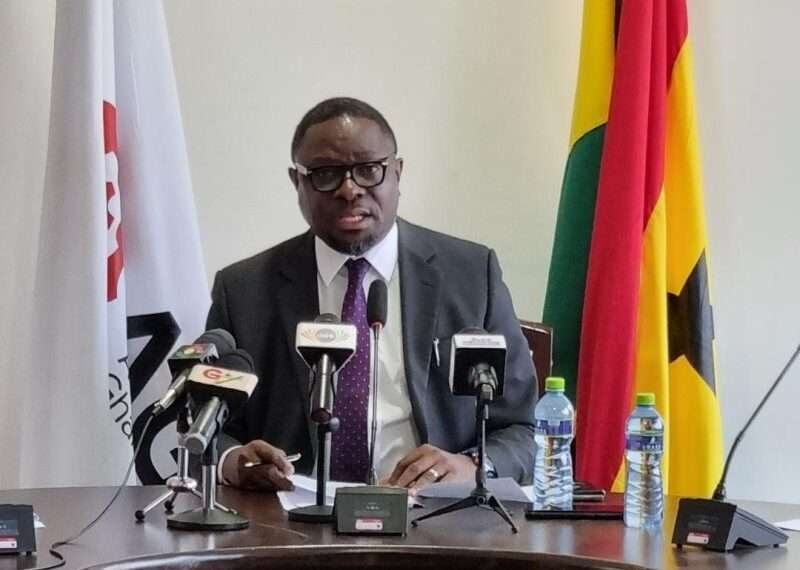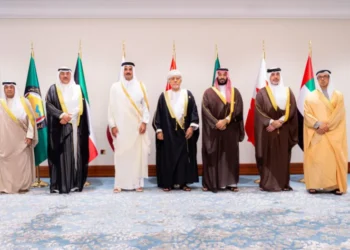Dr. Humphrey Ayim-Darke, President of the Association of Ghana Industries (AGI), has suggested that the Akufo-Addo administration take deliberate steps to support the expansion of local businesses in response to the departure of several multinational corporations from Ghana.
Close to ten multinational companies, such as Jumia Foods, Game, Nivea, Glovo, and Dark and Lovely, have moved their operations out of Ghana.
Dr. Ayim-Darke emphasized the importance of the government implementing measures aimed at enhancing the capabilities of local enterprises to address this situation.
“Deliberately build local enterprises to fill in the gap, as others move out, others will fill in the space. So Ghanaian enterprises will stand up to that and they will make deliberate conscious efforts, some might be hand-holding. Because they might not have all the capacity, but technical support in selected priority areas will lead to a balance of payments.
“How do you hold the hands of enterprises deliberately in two or three, four years you can recover easily. The IMF transitional period is flexible, it gives you room for such interventions, and the structure of the economy will begin to change.”
Dr. Humphrey Ayim-Darke
The President of the AGI emphasized the importance of the government implementing policies to regulate the importation of goods into the country. This, he believes, will boost manufacturers’ confidence by ensuring a secure market for their products.
“To revamp this economy, one needs to look at the micro stability. For purposes of manufacturing, we must look out for the extent of imports, and let them meet the standards of the Food and Drugs Authority. Once they do, in terms of quality, pricing, and invoicing, the Ghanaian companies can compete. The policy should come in quickly in the short term to look at how best you could regulate import lines.”
Dr. Humphrey Ayim-Darke
He further elaborated on concerns about the overwhelming influx of imports from established markets and high taxes and associated challenges undermining local producers.
Dr. Ayim-Darke also noted that products are being smuggled into the country, particularly goods like oils and flour, posing a significant threat to local producers.
He emphasized the urgent need for short-term policies to regulate imports, restore producers’ confidence, and secure the domestic market for expansion.
Otherwise, he warned, the government may face fiscal challenges and resort to increased taxation to offset the economic gaps caused by these issues.

Ghana’s Trade Imbalance
According to the Ghana Statistical Service, Ghana’s trade in 2022 was marked by a significant imbalance, as imports outpaced exports by GH₵4.5 billion, with imports totaling GH₵148.6 billion against exports of GH₵144.1 billion.
Throughout that year, imports exceeded exports in nine out of twelve months, with the widest margin occurring in September, where imports surpassed exports by GH₵4.5 billion.
Ghana’s import network extended to 209 countries, a figure that exceeded its export partners by 48 countries, underscoring a broader reach for inbound trade relationships.
Moreover, the export profile of Ghana was characterized by a concentrated base, with gold (37.5%), mineral fuels and oils (30.6%), and cocoa beans and products (12.4%) collectively contributing more than 80.0% of total exports.
On the import side, mineral fuels and oils held the largest share at 26.8%, followed by machinery and electrical equipment (13.3%), and chemical products (10.7%).
Europe emerged as the primary hub for Ghana’s trade interactions, accounting for over a third of both exports (35.9%) and imports (39.2%). Asia followed closely, representing 28.5% of exports and 37.2% of imports.
Ghana’s trade relationships with continents reflected a general deficit, with imports surpassing exports across all continents except Africa and North America.
These figures emphasized Dr. Humphrey Ayim-Darke’s position on the need for the government to create an enabling environment to help local producers fill the trade deficit.
READ ALSO: Kofi Aduonum Explains His Frequent Presence Around His Wife



















